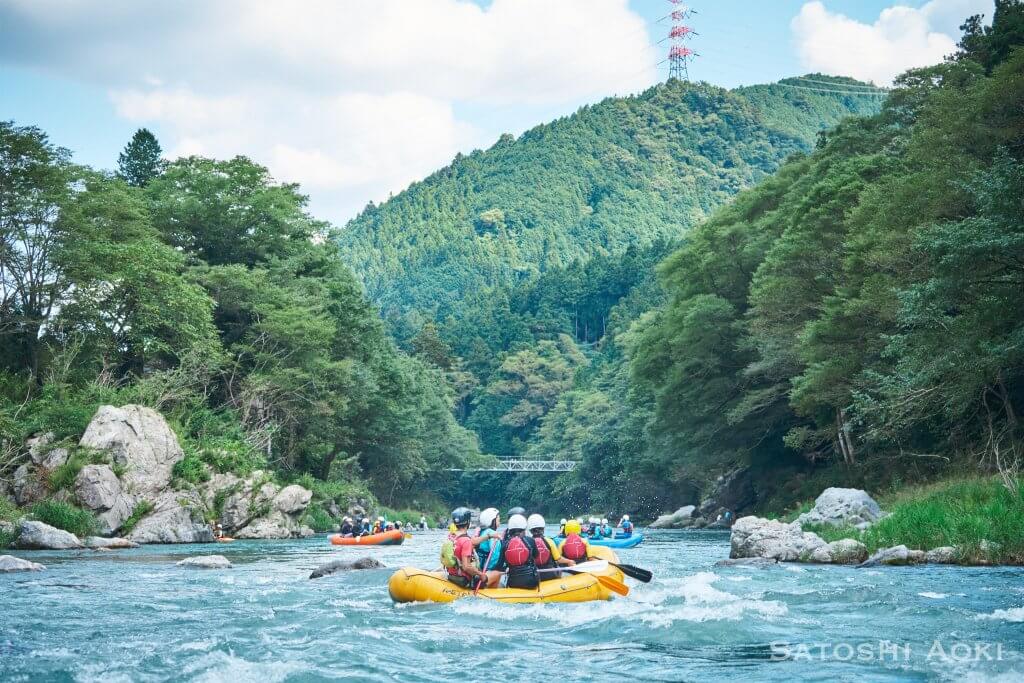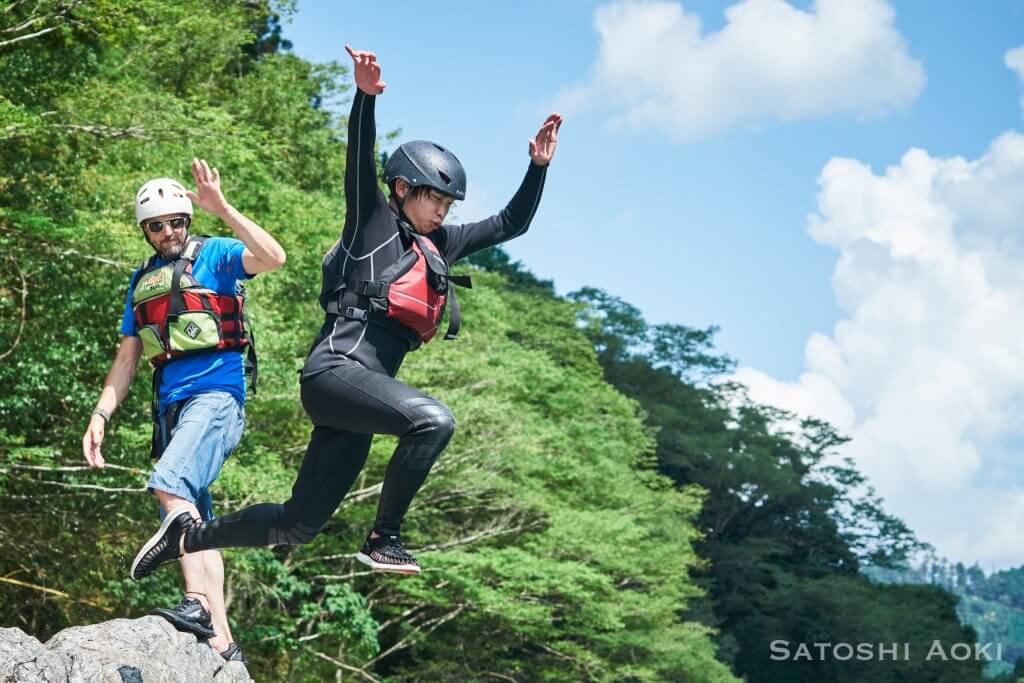Blog
Get to Know Mirai no Mori Series #4 – Challenges the children face: Mirai no Mori’s perspective
Through this blog series, we deliver insights into the institutional care system in Japan, children in it, and Mirai no Mori’s mission. Starting with this newsletter, we will shift our focus from facts about the care home and the children to Mirai no Mori and its programs. We will first share our understanding of the issues we have developed over the years. We hope you find it interesting and informative.
Series #4:Challenges the children face: Mirai no Mori’s perspective
It has been a fast 10 years since an organization, which will later develop into Mirai no Mori, first invited children in the institutional care system to an outdoor program. We have met many children since and enjoyed the great outdoors together. At the same time, we have witnessed many issues that the children face from their past and obstacles that arise as they grow up in the system. For the children, entering the system’s protection is not the end of the hardship. Adjusting to a new life with a new school, new adults, and other children while dealing with the past takes an enormous amount of energy and time. On top of that, many of them had limited learning and development opportunities during the age that they need it the most, and it takes even more energy and effort just to catch up to their age group.

The biggest challenge for most children would be the forced independence at the age of 18. Unlike the life at care homes, they need to manage every aspect of their lives on their own. The amount of responsibility and the time and energy required to succeed in a job or school while maintaining their daily lives is entirely new experience. Even trivial things like paying bills or sending and receiving packages are new to them and require extra time and energy to figure out and learn. Dealing with so many unforeseen issues that they never had an opportunity to prepare for and adjusting to a whole new life all on their own requires tremendous effort and mental strength. And unfortunately, we have seen a few children who could not cope. In recent years, care homes have started to improve their support systems for graduates, providing supplies and consultation as needed. However, the system still relies on personal connections between care workers and graduates, and it will take a little more time and system improvement before all graduates can receive equal support.
For the children who enter society, an ability to think and act on their own is crucial, and they must recognize and overcome problems as they occur. At Mirai no Mori, we call this ability a part of “essential life skills,” which we believe is developed through diverse experiences. The children need more opportunities to encounter parts that make up this society, including people, cultures, lifestyles, concepts, and values. They need more experience of their own successes and failures to start building firm foundations for themselves while still under the protection of institutional care.
Mirai no Mori has welcomed many children over the years; some were extremely shy, some had difficulty focusing or communicating, some were incapable of making any decisions themselves. However, by spending time with Mirai no Mori, most of them gradually came out of their shells, opened their hearts, and discovered new interests and abilities for themselves. All they needed was an environment that they can be themselves and opportunities for them to see and try new things. We believe this environment will help them acquire the “essential life skills” and lead them to their ideal future.

READ MORE >>
Series #1 – Children’s Care Homes
Series #5 – Mirai no Mori Program – Fundamental Concepts